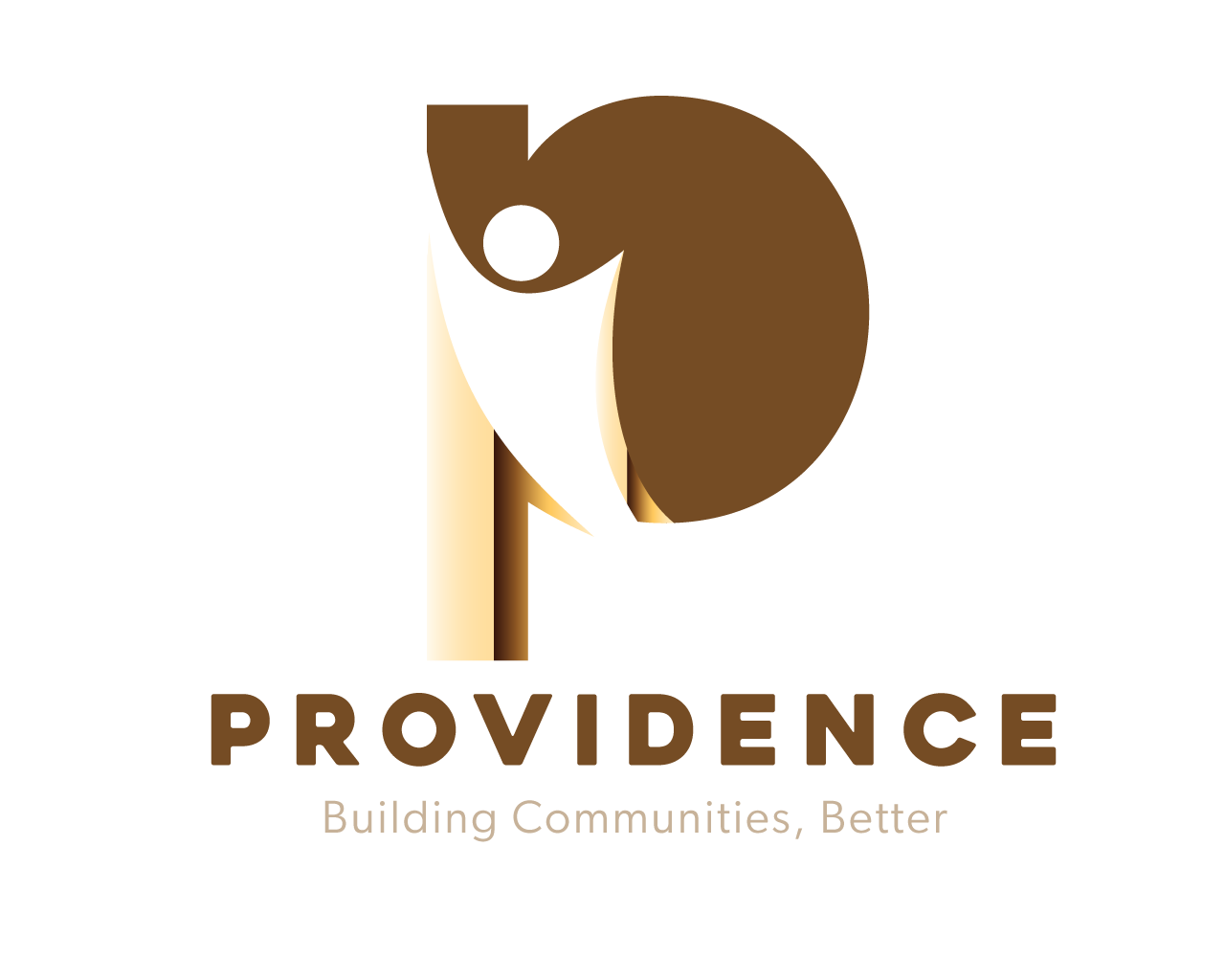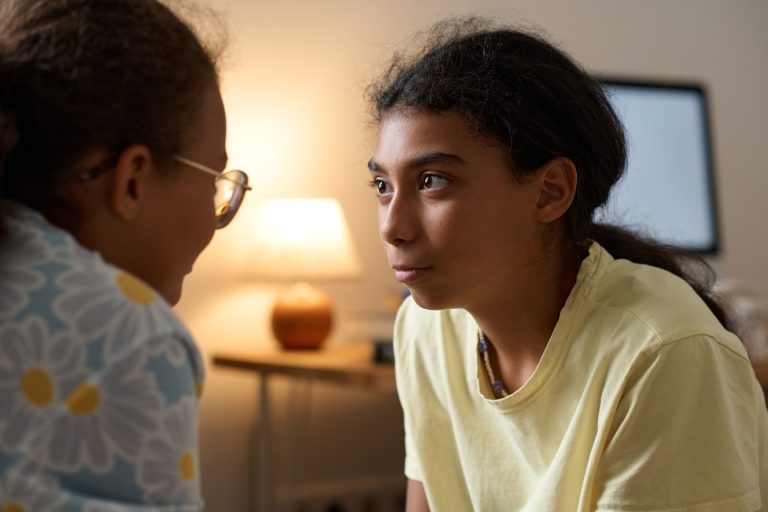They arrived that afternoon a little nervous, not knowing what to expect—after all, how often do kids and seniors really sit down and talk these days? But something about the warm welcome, the smiling faces, and the idea of hearing stories from people who have lived so much life felt exciting to the young people.
The goal of this first session was simple but powerful: to create a safe space where youth could connect with elders through storytelling, reflection, and shared wisdom. With the help of Exceptional Connection and the support of the facilitators—including a caring clinician—the young people were encouraged to listen with their hearts and speak from a place of truth. They were made sure to feel comfortable, whether that meant having a parent close by or using translation so no one felt left out.
One of the most powerful moments was when another youth—who was usually very shy—found the courage to speak up with the help of a bilingual elder. Watching her confidence grow reminded me that this wasn’t just about telling stories—it was about finding our voices. Another youth described himself as a “child of God.” They had lived in the same building but had never truly seen each other until that day.
The clinicians and facilitators were right there alongside youth—offering gentle encouragement, translating when needed, and guiding the discussions so that everyone’s story mattered. They exceeded their goal of helping the young people connect, because by the end, everyone was not just hearing stories—they were feeling them.
The emotional impact was real. Everyone watched a youth play the piano, a talent he had only developed in three months! A senior told him to follow that passion, and you could see how proud he was. There was another young person, who dreams of attending UC Berkeley, received encouragement on how to make that happen. Even the younger kids, who at first were shy, left smiling and feeling seen.
The emotional impact was also deep. Youth felt more understood as well as more open to hearing wisdom from people they might not have spoken to otherwise. They left with a new sense of respect for elders and a curiosity to learn more from them.
Looking ahead, these conversations are not over. Some are getting help with college readiness now. Others are being connected to mental health support. The facilitators told us they are learning too—figuring out how to make sure every youth, no matter where they come from, can access support and community. They said they are adapting the programs to include more one-on-one mentorship, more emotional support, and even skill-building for things like music and public speaking.
The youth walked away believing that no matter how young or old you are, you can be both a student and a teacher. And, that is a lesson they will carry with them for the rest of their lives.


